plant spikes for rhodies
sgull
10 years ago
Related Stories
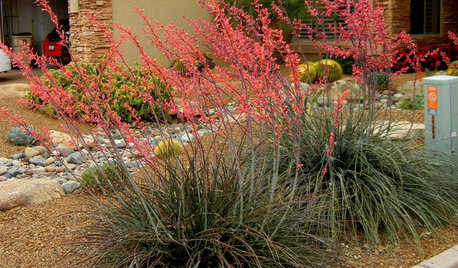
GARDENING FOR BUTTERFLIESGreat Design Plant: Red Yucca Spikes Dry Spots With Color
Neither heat nor cold nor lack of water fazes this flowering succulent, which adds spiky texture to Southwestern landscapes
Full Story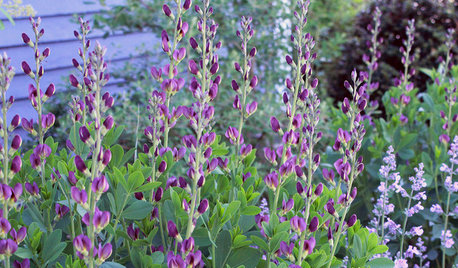
GARDENING GUIDESFlower Spikes Nail Impact in Summer Gardens
Get to the point in your landscape with spiky flowers and plants that create excitement and drama
Full Story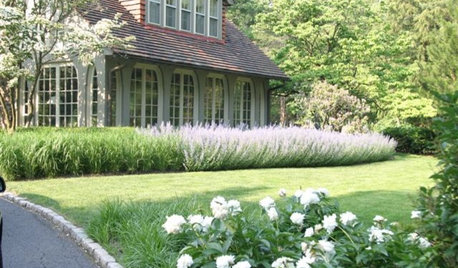
FLOWERSKeep Your Garden on Point With Spikes of Purple
Tall purple blooms bridge color gaps, contrast round flower forms and make for intriguing masses in the landscape
Full Story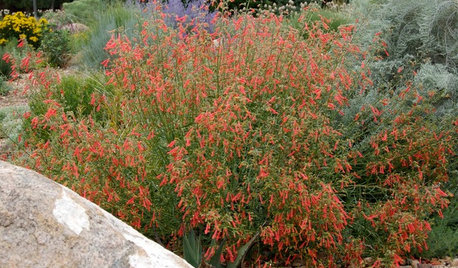
FLOWERSGreat Design Plants: Penstemon Rostriflorus
Plant bridge penstemon, also called mountain fountains, for its long-blooming scarlet spikes that act like a living hummingbird feeder
Full Story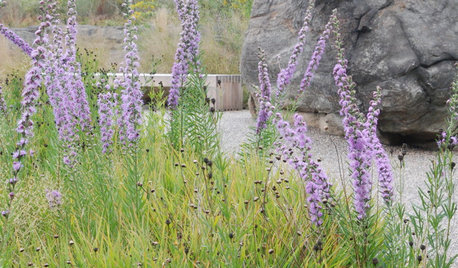
GARDENING GUIDESGreat Design Plant: Liatris Aspera
Tall blazing star’s unique flower spikes bring butterflies and bees to eastern U.S. gardens in early autumn
Full Story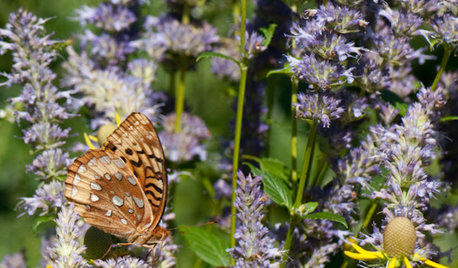
GARDENING GUIDESGreat Design Plant: Anise Hyssop Delights Licorice Lovers
With its distinct scent and flower spikes, drought-tolerant Agastache foeniculum stirs interest among humans and winged creatures alike
Full Story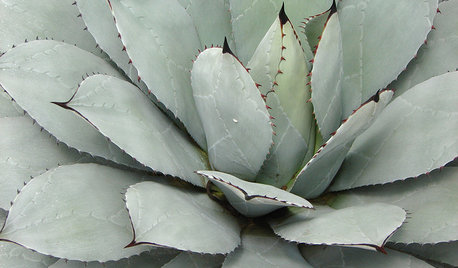
BLUE AND GRAY FOLIAGEGreat Design Plant: Parry's Agave
Don't let the spikes scare you away — this succulent is surprisingly friendly to gardeners whose landscapes lie beyond the desert
Full Story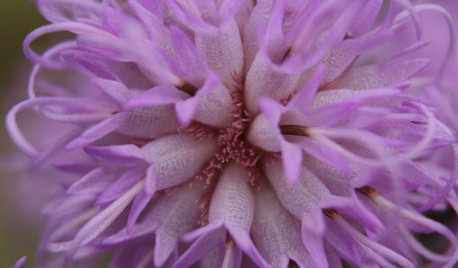
GARDENING GUIDESGreat Design Plant: Blazing Star
Attract birds, bees and butterflies to your garden with the unique flower spikes of Liatris from July to September
Full Story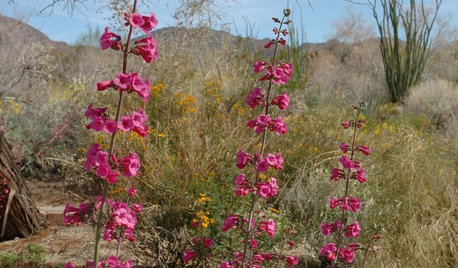
GARDENING GUIDESGreat Design Plant: Penstemon Parryi
Drought-tolerant Parry’s penstemon greets spring with pink flowering spikes that delight passersby and hummingbirds alike
Full Story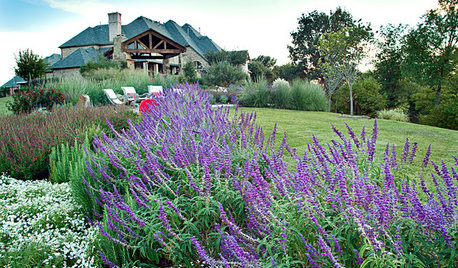
GARDENING GUIDESGreat Design Plant: Salvia Leucantha
Soft, velvety purple spikes gracefully arch over the gray-green foliage of Mexican bush sage in spring through fall in western U.S. gardens
Full StorySponsored
Professional Remodelers in Franklin County Specializing Kitchen & Bath






akamainegrower
rhodyman
Related Professionals
Grand Haven Landscape Architects & Landscape Designers · Oconomowoc Landscape Architects & Landscape Designers · Wake Forest Landscape Contractors · Edmond Landscape Contractors · Beverly Hills Landscape Contractors · Fort Mill Landscape Contractors · Galveston Landscape Contractors · Inglewood Landscape Contractors · Long Branch Landscape Contractors · Ridgewood Landscape Contractors · Royal Oak Landscape Contractors · St. Louis Landscape Contractors · Stony Brook Landscape Contractors · Waldorf Landscape Contractors · North Aurora Landscape Contractorsmikebotann